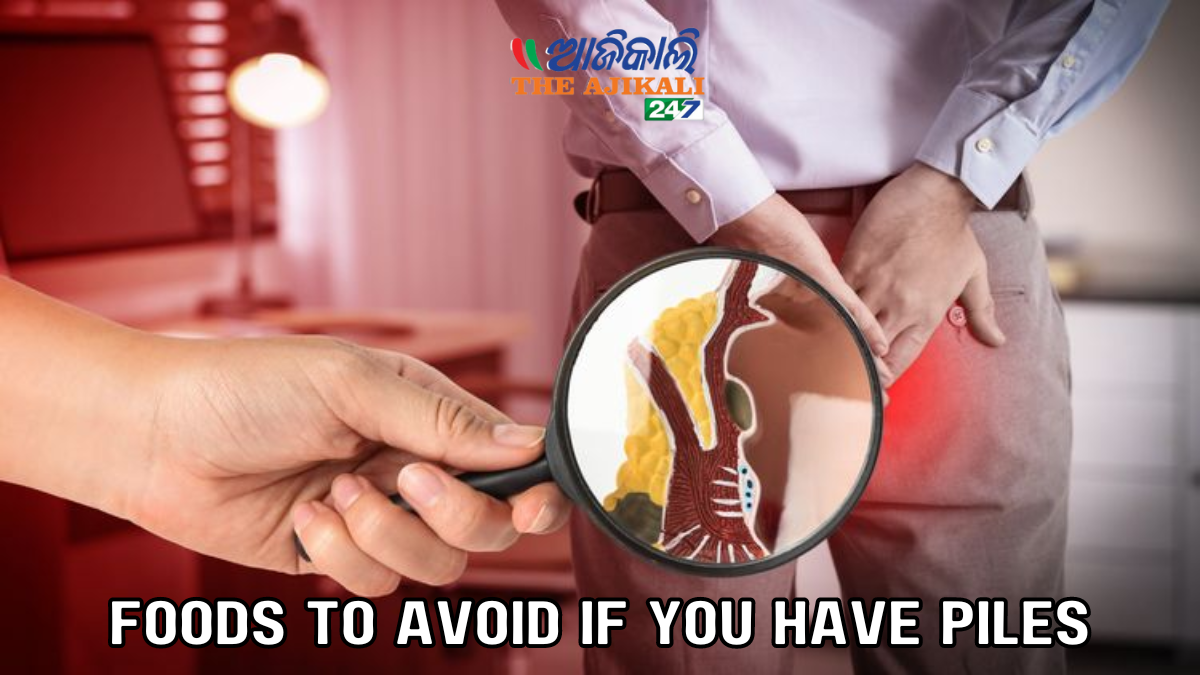Introduction:
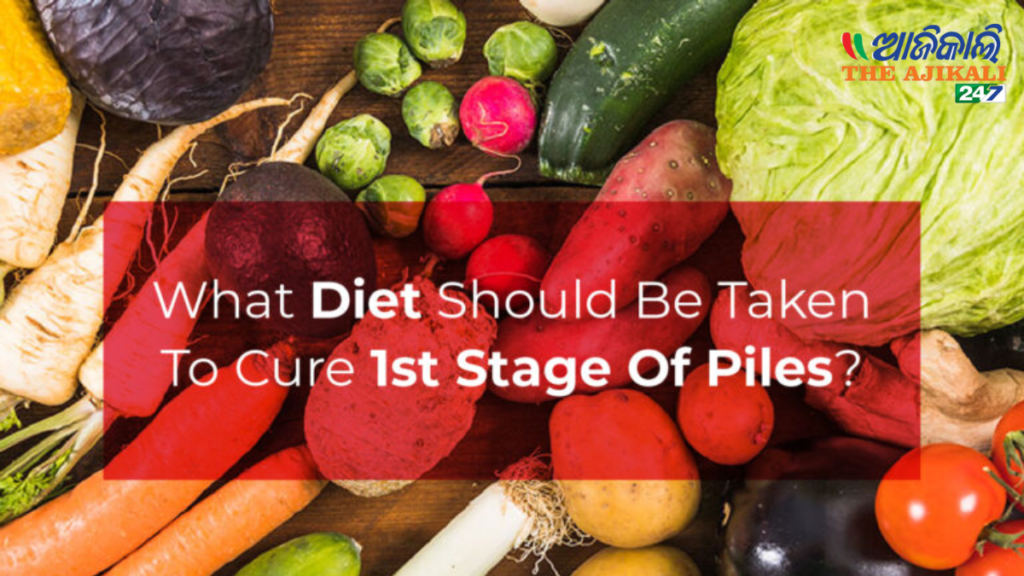
Piles, also known as hemorrhoids, are swollen veins in the lower rectum or anus. They can cause discomfort, itching, pain, and bleeding, especially during bowel movements. Managing piles involves lifestyle changes, including dietary adjustments, to reduce symptoms and prevent flare-ups. Here’s a detailed look at foods that can aggravate piles and should be minimized or avoided to maintain comfort and health.
1. Spicy Foods:
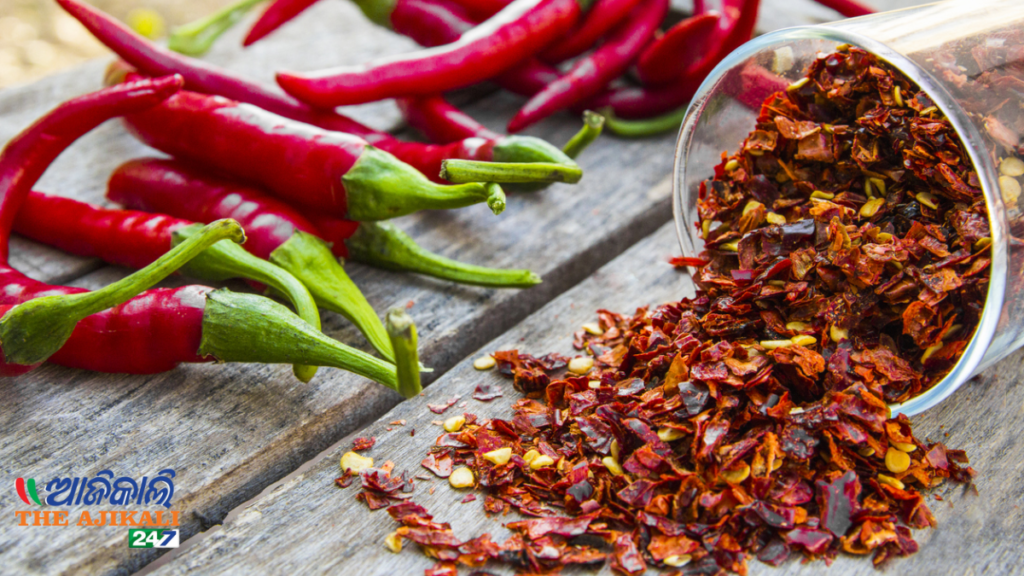
Spicy foods can irritate the digestive tract and exacerbate hemorrhoid symptoms. Ingredients like chili peppers contain capsaicin, which can cause discomfort during bowel movements and worsen inflammation around the anus.
Avoid: Hot sauces, chili peppers, spicy curries, and dishes heavily seasoned with hot spices.
2. Low-Fiber Foods:
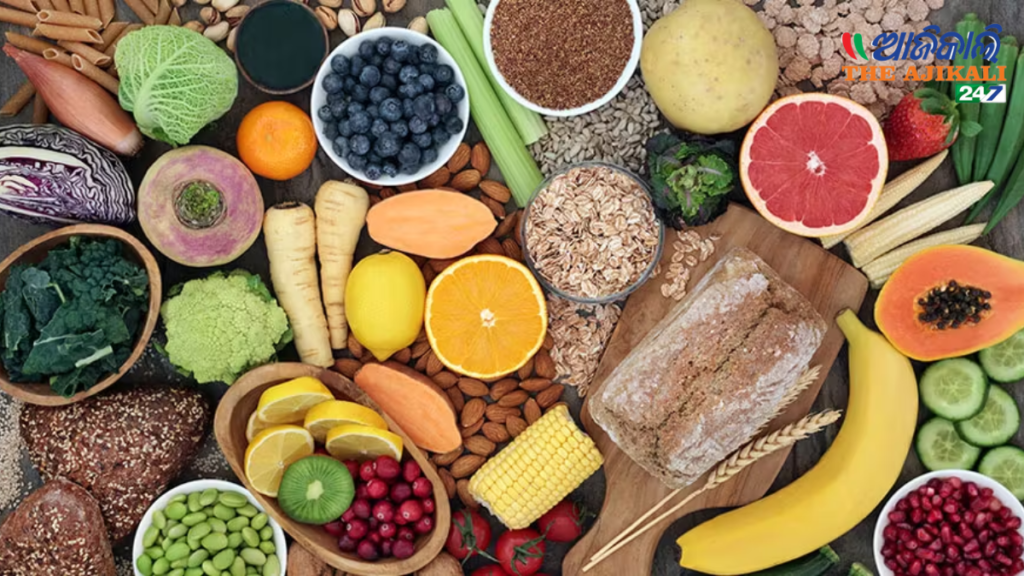
A diet low in fiber can lead to constipation, which increases straining during bowel movements—a primary cause of hemorrhoid flare-ups. Fiber helps to soften stools and promote regularity.
Avoid: Processed foods, white bread, white rice, and low-fiber snacks like chips and pastries.
3. Dairy Products:
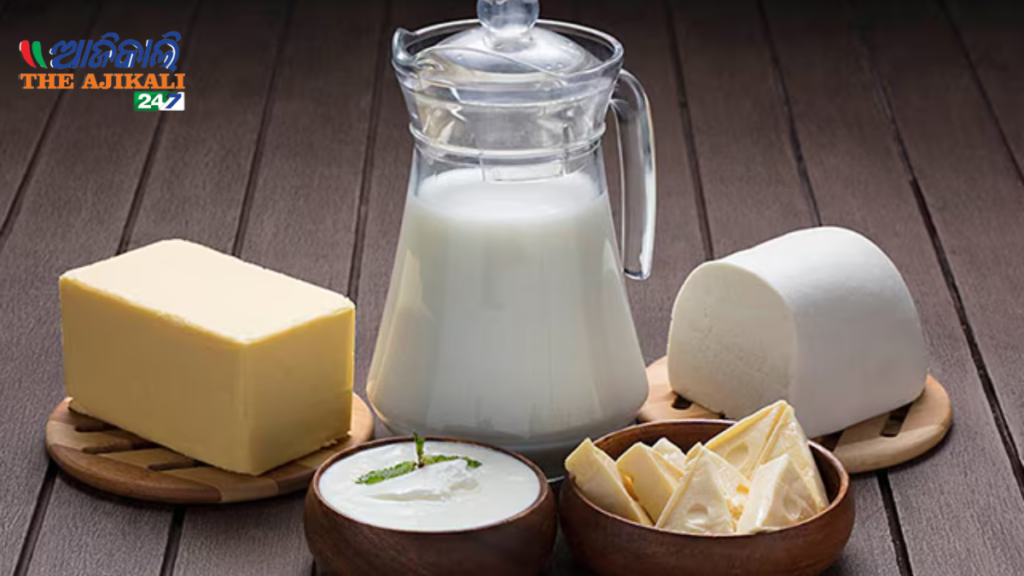
While dairy isn’t inherently bad, it can contribute to constipation for some people, worsening piles. Dairy products are also low in fiber and can be binding.
Avoid: Whole milk, cheese, cream, and other full-fat dairy products.
4. Red Meat:
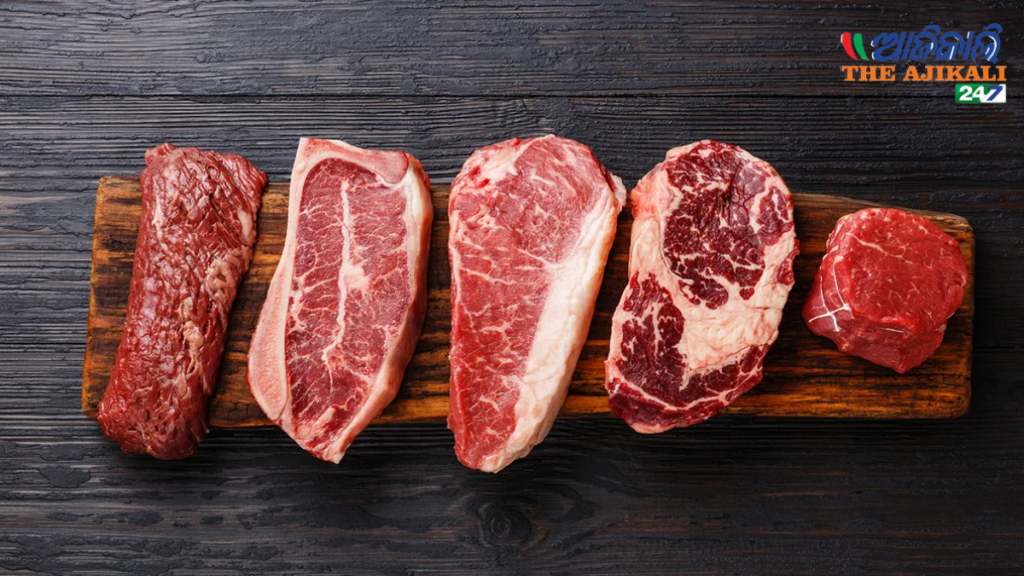
Red meat is difficult to digest and low in fiber, making it a poor choice for those suffering from piles. It can slow down the digestive process and increase the risk of constipation.
Avoid: Beef, pork, lamb, and processed meats like sausages and hot dogs.
5. Salty Foods:
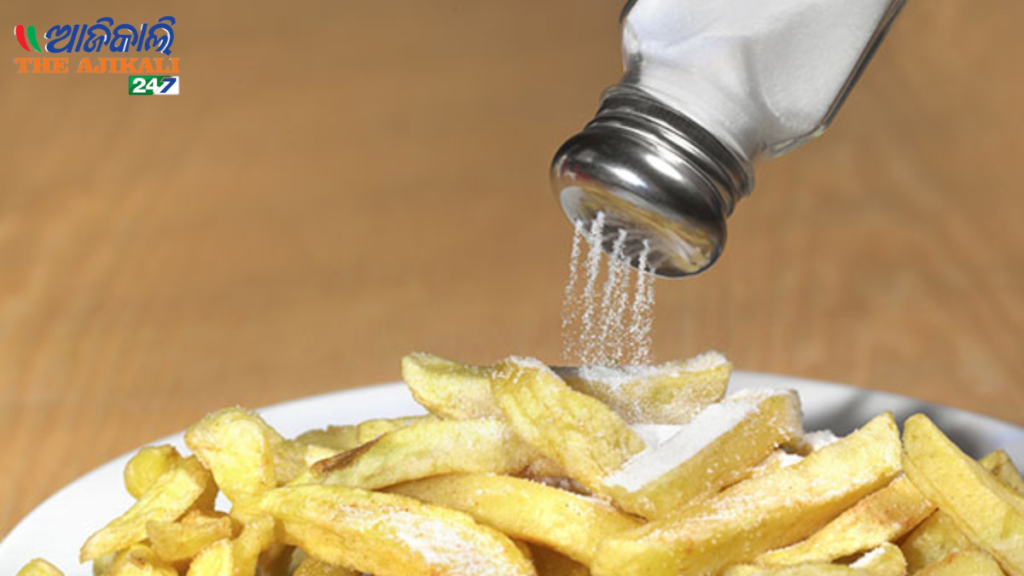
High-salt foods can cause the body to retain water, leading to bloating and increased pressure on the blood vessels, including those in the rectum.
Avoid: Packaged snacks like chips, salted nuts, pickles, and canned soups.
6. Fried Foods:
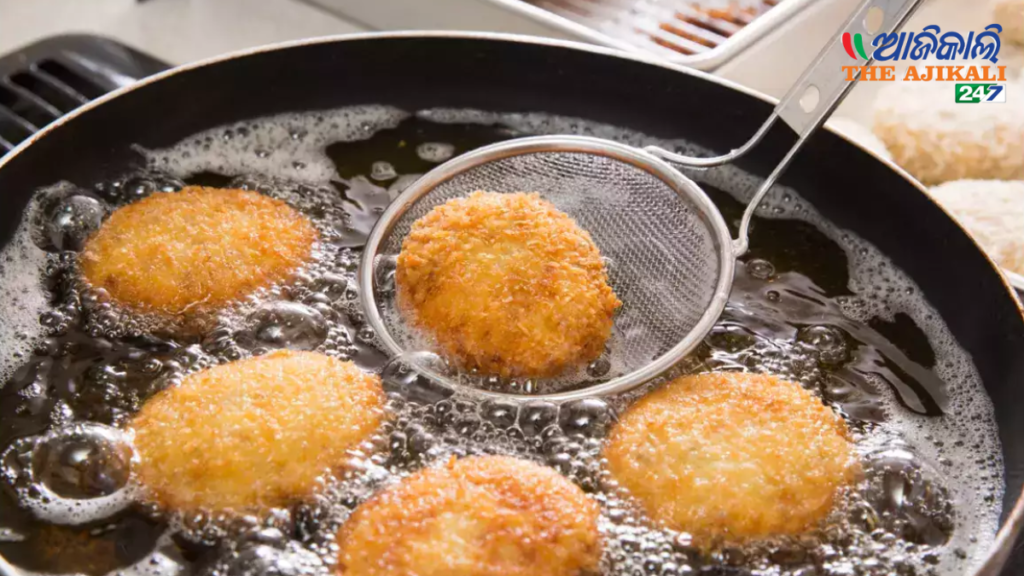
Fried foods are typically high in unhealthy fats and can contribute to digestive issues, including constipation. They can slow down the digestive process, leading to harder stools and more strain during bowel movements.
Avoid: Fried chicken, French fries, doughnuts, and other deep-fried snacks.
7. Caffeinated Beverages:
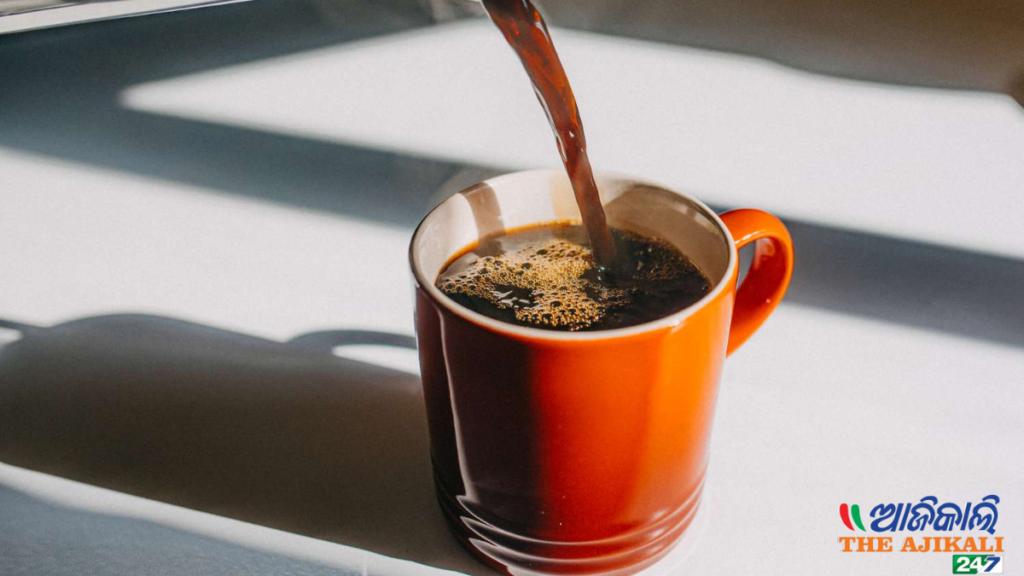
Caffeine can lead to dehydration, which can contribute to constipation and make hemorrhoid symptoms worse. While moderate caffeine consumption is usually fine, excessive intake can cause problems.
Avoid: Excessive coffee, energy drinks, and high-caffeine sodas.
8. Alcohol:
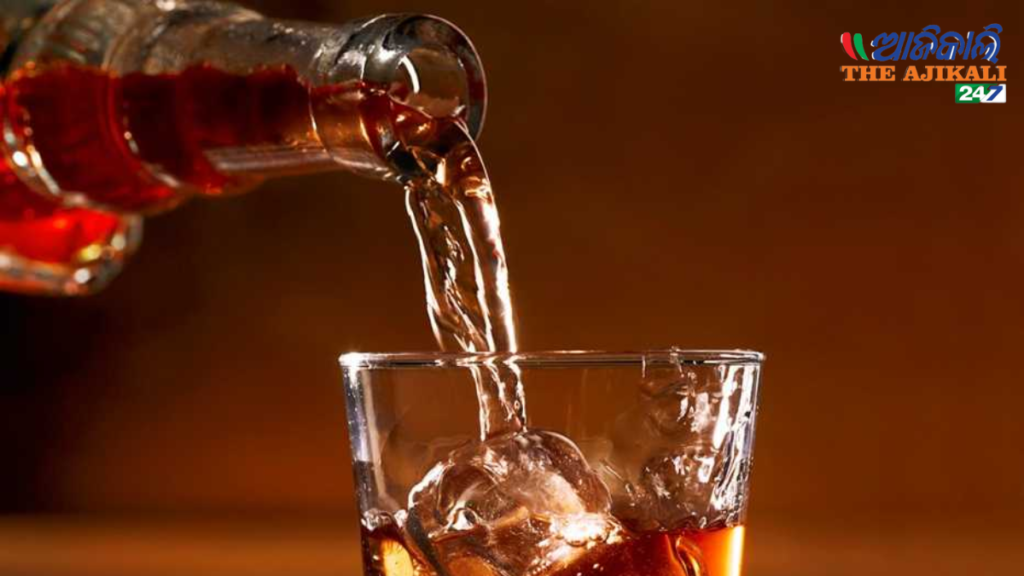
Alcohol can dehydrate the body and affect digestive health, leading to constipation and exacerbating hemorrhoid symptoms. It’s best to limit alcohol consumption if you’re prone to piles.
Avoid: Beer, wine, spirits, and cocktails.
Tips for a Hemorrhoid-Friendly Diet:
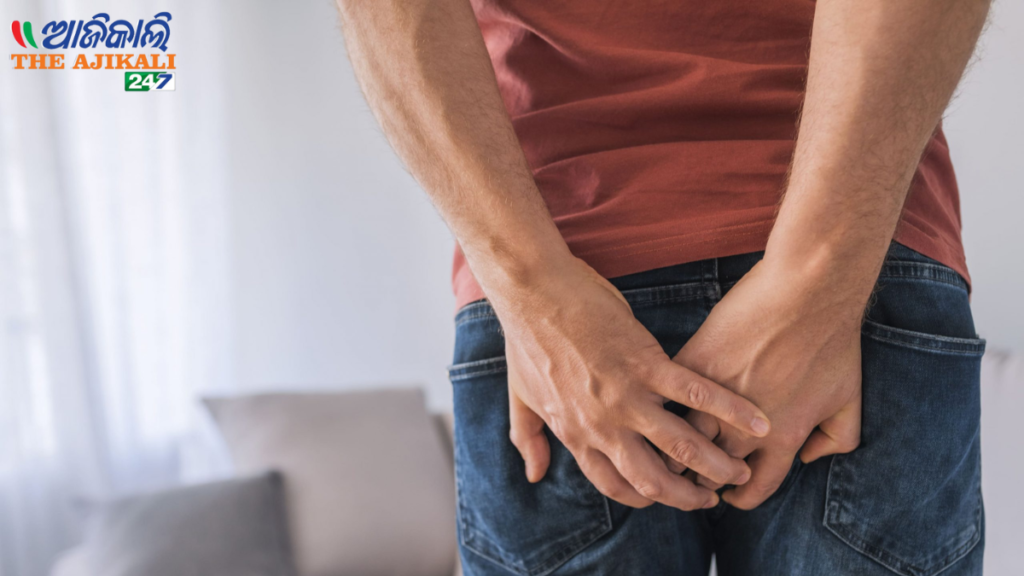
- Increase Fiber Intake: Incorporate high-fiber foods like fruits, vegetables, whole grains, and legumes into your diet. Fiber supplements like psyllium husk can also be beneficial.
- Stay Hydrated: Drink plenty of water throughout the day to keep stools soft and easy to pass.
- Healthy Fats: Include healthy fats from sources like avocados, nuts, seeds, and olive oil, which can aid digestion.
- Probiotics: Foods rich in probiotics, such as yogurt and fermented foods, can promote a healthy digestive system.
Conclusion:
Managing piles effectively requires a combination of dietary changes and lifestyle adjustments. By avoiding foods that aggravate hemorrhoid symptoms and incorporating those that promote digestive health, you can reduce discomfort and prevent flare-ups. Always consult with a healthcare provider for personalized advice and treatment options.

